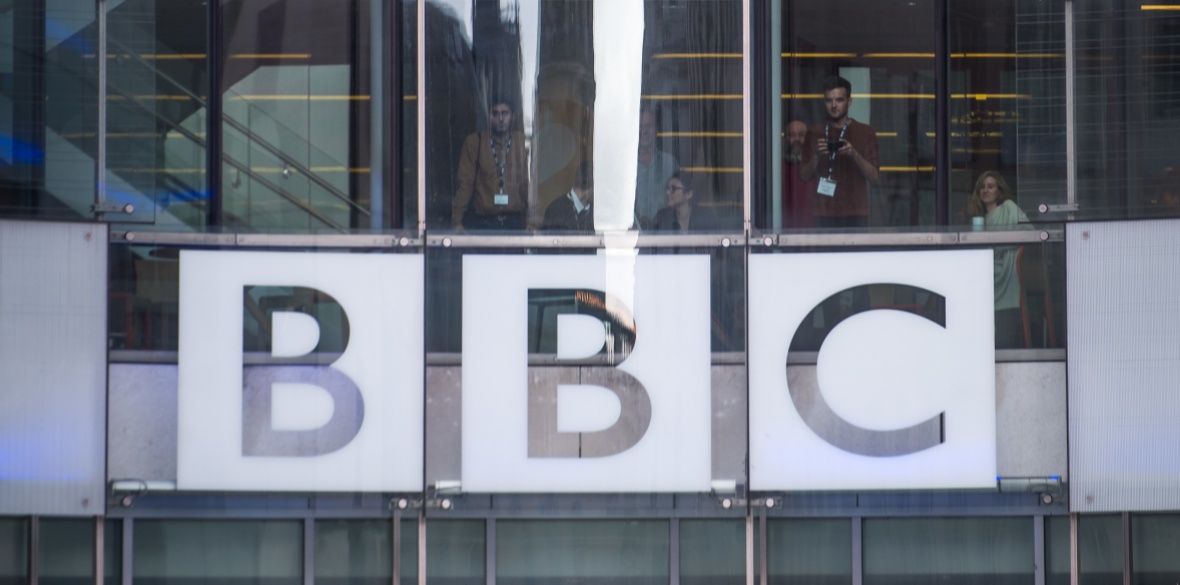IT IS hard to see, from its partisan point of view, why a Tory government might want to prune back the British Broadcasting Corporation.
It not as if any of the BBC’s output represents an existential threat to the capitalist order.
It barely admits to the existence of a concept so alien to its operational ideology which fills the full spectrum of opinion from liberal to neoliberal.
Enlightened opinion is, of course, entirely committed to the notion of the BBC as a publicly funded institution committed to public service broadcasting and wedded to the pluralist values of a modern democratic society while professionally engaged in producing wholesome entertainment, informed political discourse and a broadly beneficent corpus of literary, dramatic and visual culture.
In respect of many of these functions, public opinion, particularly if less disposed to critical thought, will find much in what the BBC does that conforms to this model.
It is in comparison with commercial broadcasting that the BBC appears in its best light.
It is, except for some legitimate in-house promotion of its own product, largely free from the pressures that are built into the production model of for-profit broadcast enterprises.
How are we then to join in the present controversy highlighted by Damian Green’s argument that the No 10 plan to replace the present licence fee amounts to “cultural vandalism”?
The very idea of a public service body able to operate with success in an environment which should be a commercial cockpit conditioned only by profit-seeking enterprise is an outrage to much contemporary Tory opinion.
But the former Tory Cabinet minister is a bit more clear-sighted than the “weirdos and misfits” in No 10.
It is most likely that this confected controversy is designed to fulfil the function that Tony Blair reserved for measures to limit fox hunting.
It is a highly charged issue on which people have violently opposed views and which repeatedly uses up much political energy that otherwise might be directed at more dangerous matters.
There are powerful commercial interests who see the BBC as a competitor or rather a barrier to the free participation of capital in the markets for culture, sport and entertainment. And so it is. That is why the labour movement and the Labour Party should defend the BBC’s public service function.
When a Tory chair of the parliamentary BBC group says: “If the BBC ends up in decline, it will be the government which will be accused by the very people we rely on for support at the next election,” he is giving voice to a public that values the BBC precisely because it conforms — however imperfectly — to the public service model.
There is also an element of calculation that worries that a BBC deprived of its patina of public service legitimacy might be less effective at masking the realities of class politics.
The labour movement approaches the defence of public broadcasting with its own priorities.
If the very existence of the BBC limits the influence of commercial interests, of itself it does not guarantee a more pluralist media environment or one that directly serves working people.
In a socialist Britain the mass media would have escaped the market and be at the service of every legitimate and popular sector of a pluralist society overcoming the alienating conditions of class society.
We are a long way from this, but we have an enduring interest not only in fighting for a partisan working-class media but in protecting and enhancing public service broadcasting no matter how imperfectly it presently functions or represents our interests.










